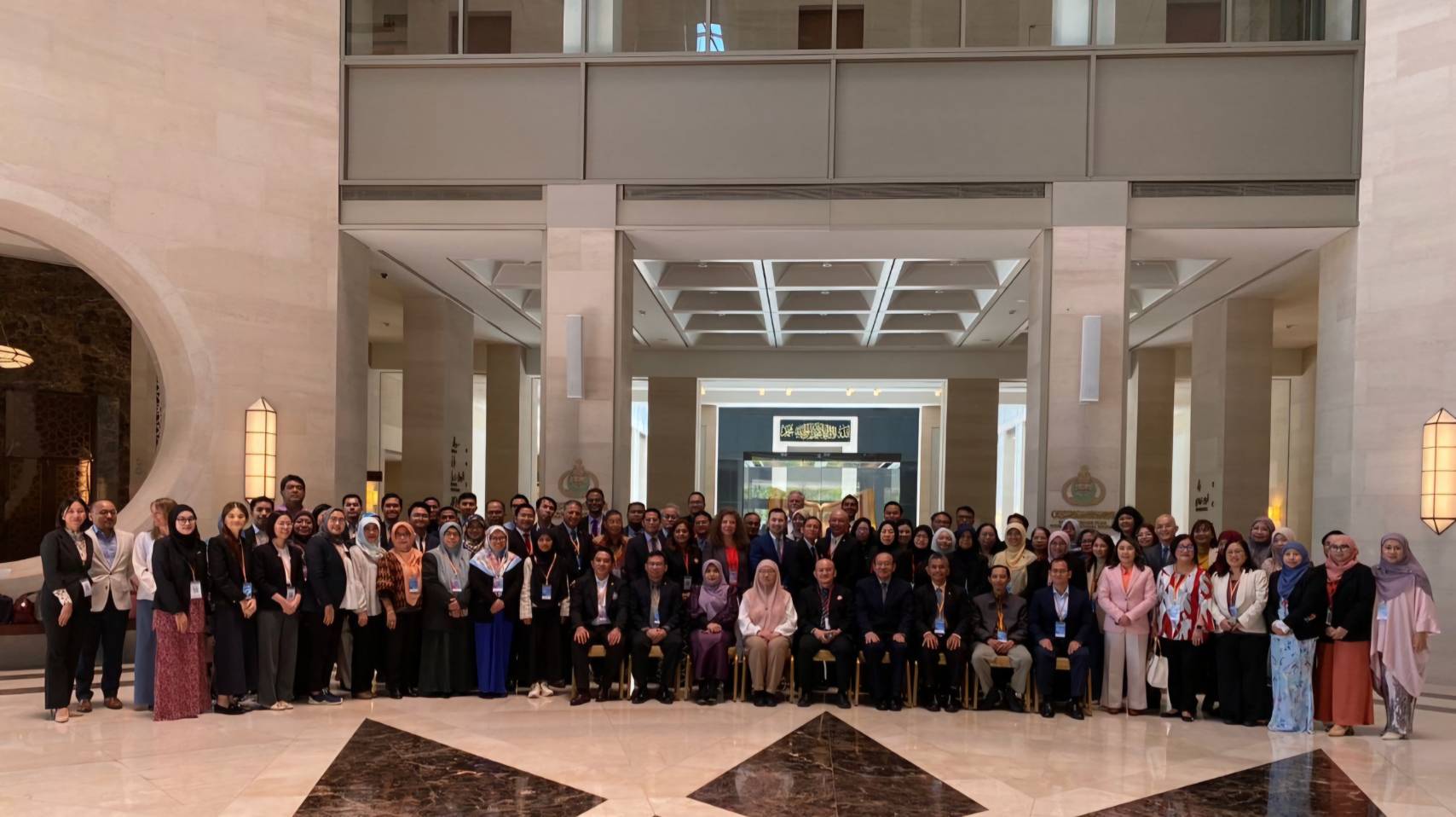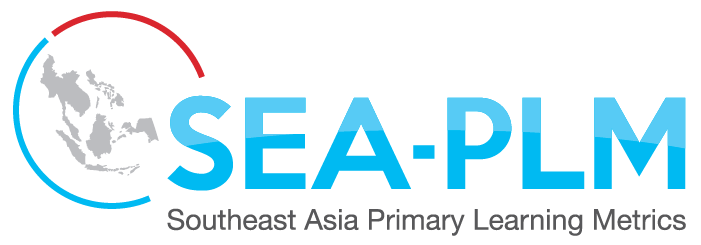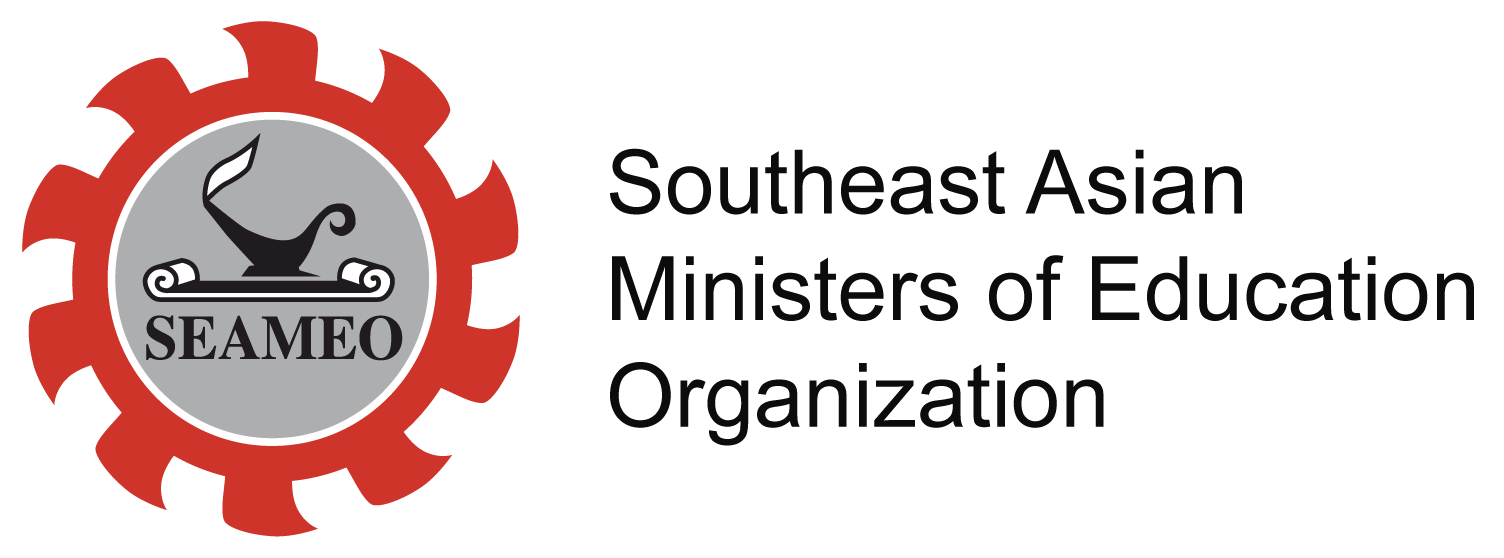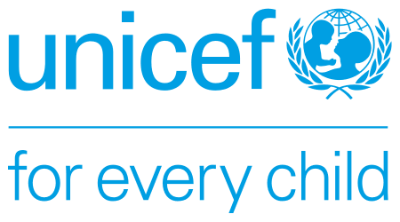Bandar Seri Begawan, Brunei Darussalam | Rizky Ashar. The SEA-PLM highlighted its ongoing effort to address equity and quality issues in basic education at the recently concluded Centres Policy Research Network Summit 2024 held in Brunei Darussalam on 23-25 April. This year's summit gathered education policymakers, researchers, and stakeholders from across Southeast Asia to discuss how to foster inclusivity in key sectors and prepare the region for a future-ready world.
The Southeast Asia Primary Learning Metrics (SEA-PLM) programme shed light on the findings of the SEA-PLM 2019, focusing particularly on equity issues such as learning disparities between boys and girls, characteristics of low-performing readers, teacher workforce, and children’s well-being. Additionally, socioeconomic status exacerbates these disparities, with students from higher socioeconomic backgrounds performing better than those from lower socioeconomic backgrounds. Regarding teachers, the SEA-PLM report identifies numerous challenges, including the need for professional development, improved pedagogical practices, and enhanced instructional strategies. Furthermore, the SEA-PLM findings revealed an intrinsic relationship between creating safe school environments and the improvement of learning outcomes.
These insights stemmed from regional thematic studies aimed at promoting equitable and quality basic education in Southeast Asia. The SEA-PLM programme, as the region’s large scale student learning assessment and capacity building initiative, emphasized the importance of using robust data and evidence to inform educational policies and practices.

The SEAMEO Centres Policy Research Network (CPRN) Summit 2024 participants and speakers
Mr Alejandro Ibanez, SEA-PLM Project Manager, encouraged the participants to leverage SEA-PLM datasets, methodologies, and tools to advance research and policy initiatives in basic education. He underscored the importance of regional collaboration in tackling the learning crisis and challenges related to education quality and inequities within basic education across Southeast Asia. As the participating countries continue to collaborate through programmes such as SEA-PLM, the region gets closer in accelerating foundational learning through a a fair and inclusive education for every child.




